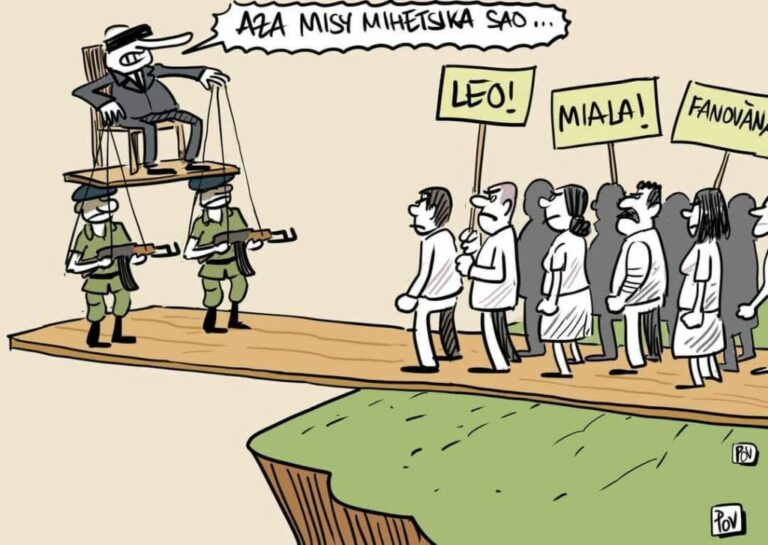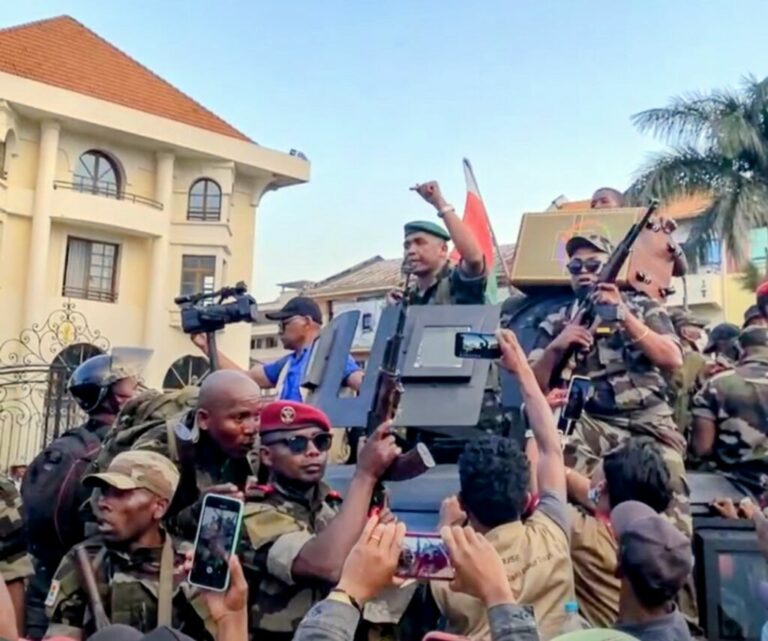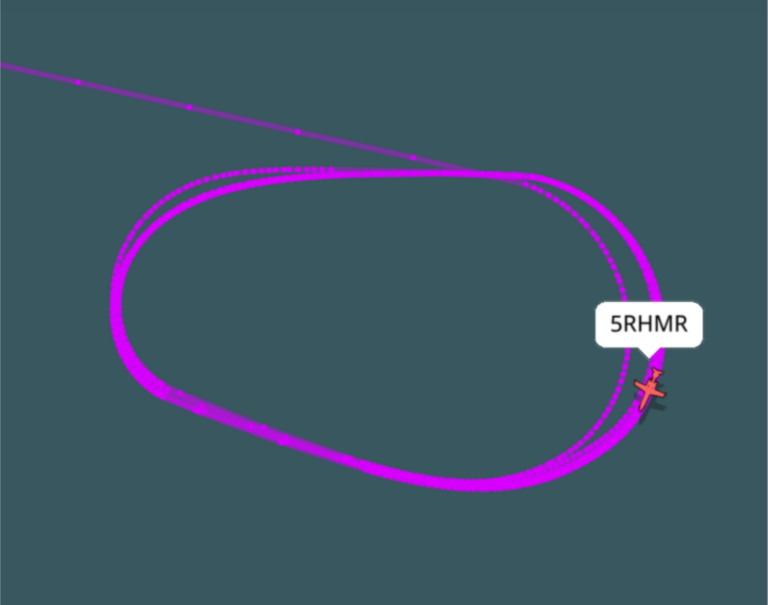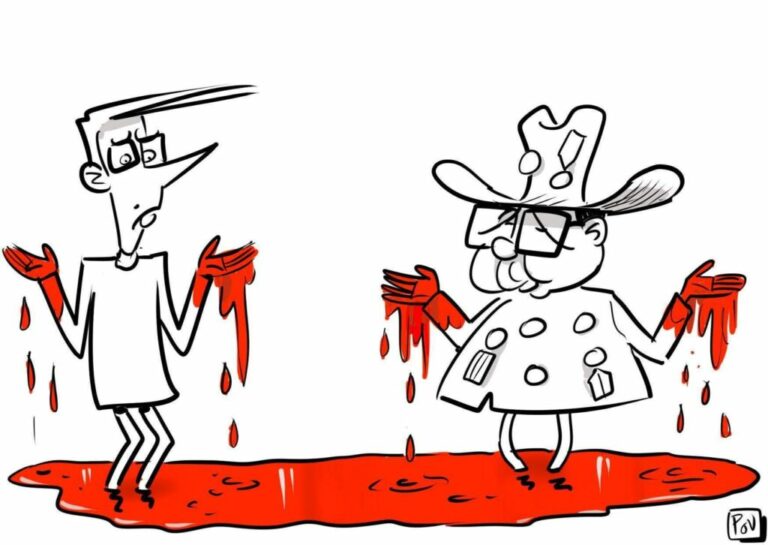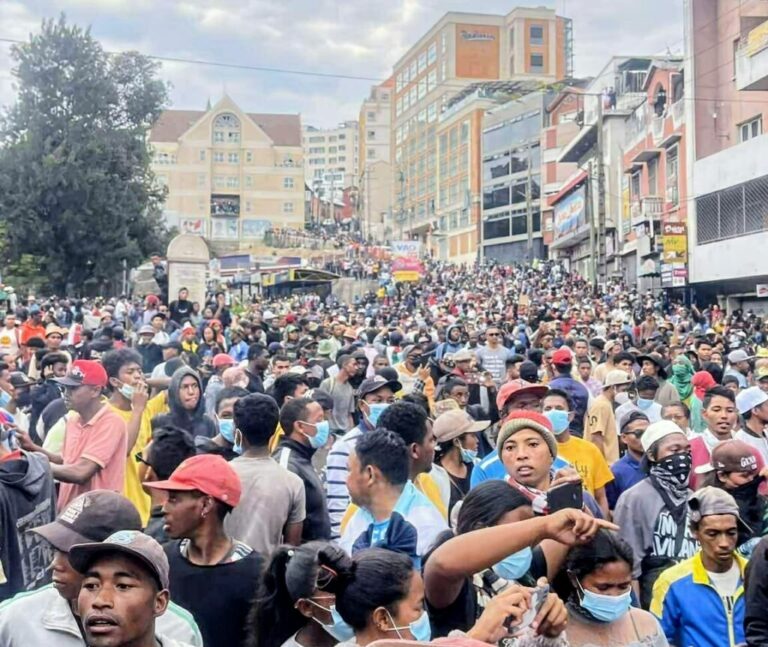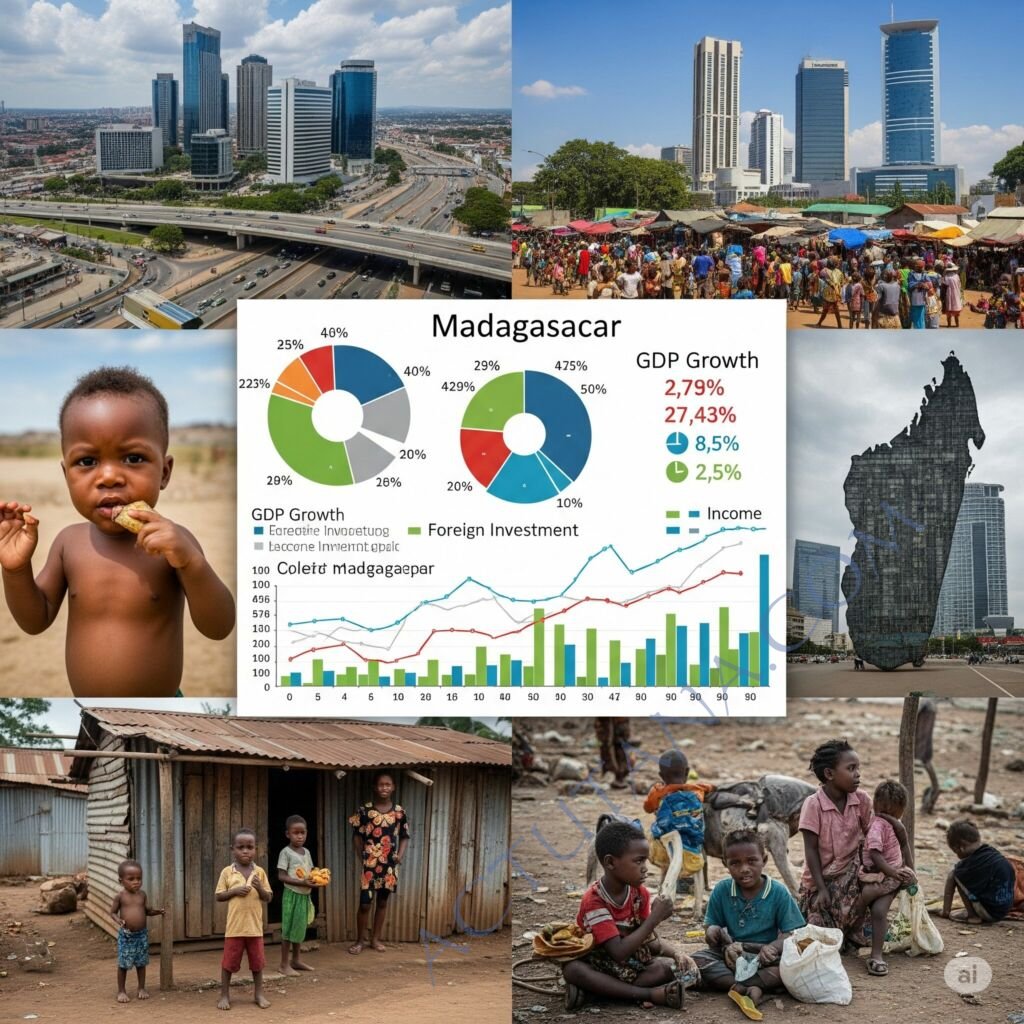
There is something deeply ironic and very worrying about Madagascar.
On the one hand, economic indicators, particularly GDP per capita in Purchasing Power Parity (PPP), show some progress.
This figure suggests an increase in the average wealth available to each individual.
However, this statistical improvement contrasts sharply with the reality on the ground: the vast majority of Malagasy people continue to live in persistent poverty.
This paradox, far from being a mere detail, reveals the profound flaws of a development model that fails to transform economic growth into real well-being for the entire population.
A Galloping Demographic Growth
The primary explanation for this discrepancy lies in the island’s extremely rapid population growth.
Imagine a pie that, even if it gets bigger every year, must be shared among an ever-increasing number of guests.
If the number of mouths to feed increases at a sustained rate, the gains per person are automatically diluted. This considerably limits the impact on individual living standards.
In Madagascar, the high birth rate often offsets a significant portion of economic progress.
Glaring Inequalities
However, demographics are only one piece of the puzzle. The heart of the problem is undoubtedly the profoundly unequal distribution of wealth.
When GDP PPP increases, it is essential to ask who really benefits from this increase.
Too often, this growth primarily benefits a small elite: large landowners, business leaders, or those who already have privileged access to capital and opportunities.
For the vast majority of the population, who often depend on subsistence agriculture or informal and precarious activities, the benefits of this growth remain marginal.
Wealth accumulates at the top of the social pyramid while the bottom continues to struggle for daily survival.
Uninclusive growth
The very nature of Malagasy economic growth also contributes to this paradox.
If development is primarily driven by high-value-added but low-employment sectors, such as mining, the benefits can remain limited.
These industries sometimes generate significant revenues, but if they don’t create enough decent jobs for the local population, they can be a source of income.
Local subcontracting is virtually nonexistent: and if tax revenues are not reinvested fairly and transparently, GDP can improve without making a difference in the lives of ordinary citizens.
Lack of Basic Investment
Furthermore, the chronic lack of investment in human capital and basic infrastructure significantly hinders inclusive development.
How can we hope for a sustainable improvement in living standards if access to quality education, adequate healthcare, and essential infrastructure such as electricity or passable roads remains a luxury for most? Without these solid foundations, opportunities for the poorest populations to develop their skills, increase their productivity, and fully participate in the economy are woefully limited.
Governance and Corruption
Finally, the challenges related to governance and corruption cannot be ignored.
Weak institutions, widespread corruption, and an unattractive business environment discourage productive investments that could generate jobs and wealth for all.
Public resources are unfortunately too often misappropriated or misallocated, hampering the implementation of effective and equitable development policies.
Furthermore, the country’s vulnerability to external shocks and natural disasters adds a layer of difficulty for an already severely affected population.
The Imperative of Inclusive Growth
In short, the paradox of rising GDP in the face of persistent poverty in Madagascar is no mystery.
It is a clear symptom of insufficiently inclusive growth.
For GDP PPP figures to cease being mere abstract statistics and translate into real progress for every Malagasy person, it is imperative to direct efforts toward a fairer distribution of wealth.
But also to make massive investments in social services and infrastructure.
Not to mention the promotion of economic sectors that create decent jobs for the greatest number of people, and an unwavering commitment to transparent and accountable governance.
Only at this price can the hope for a better life finally become a concrete reality for the people of Madagascar.

 5119.73 ar
5119.73 ar 4374.44 ar
4374.44 ar
